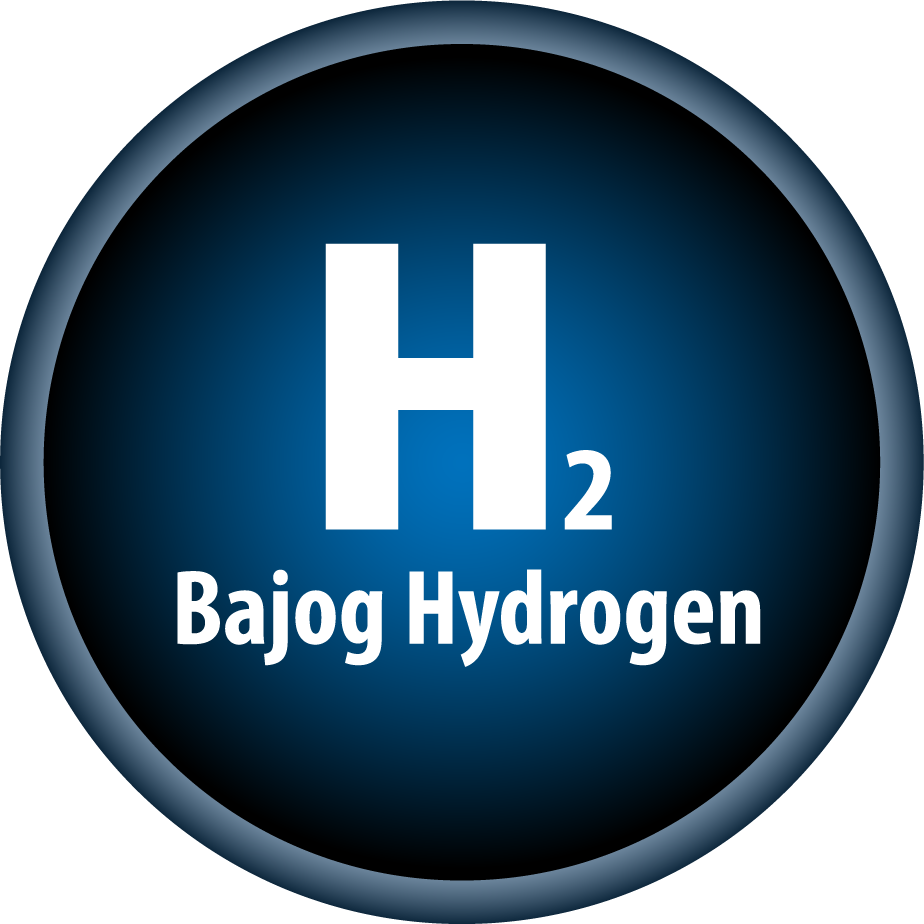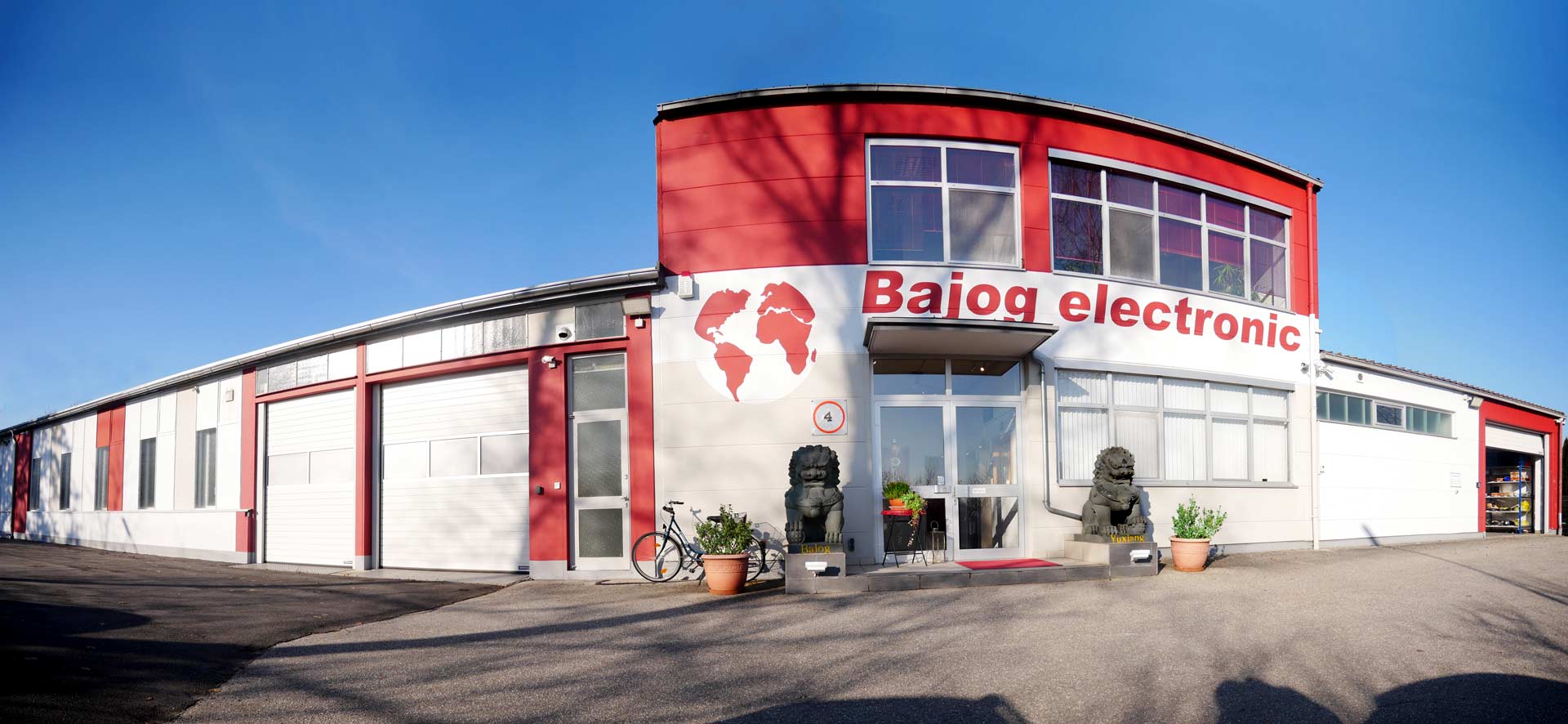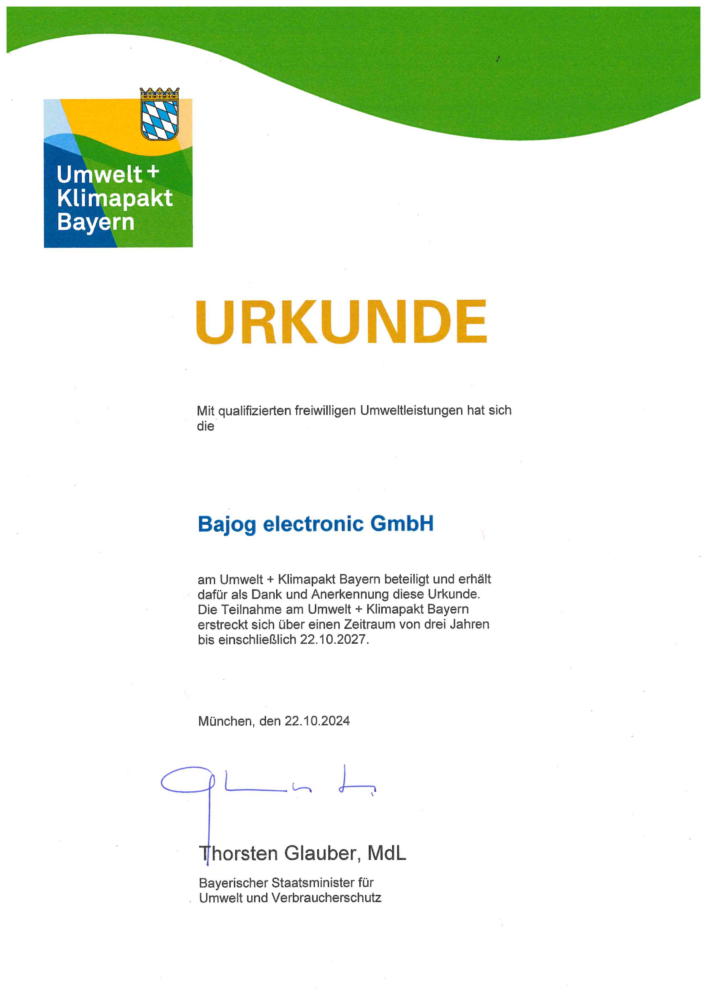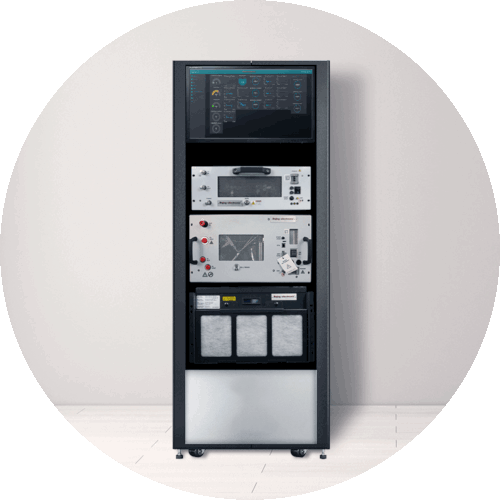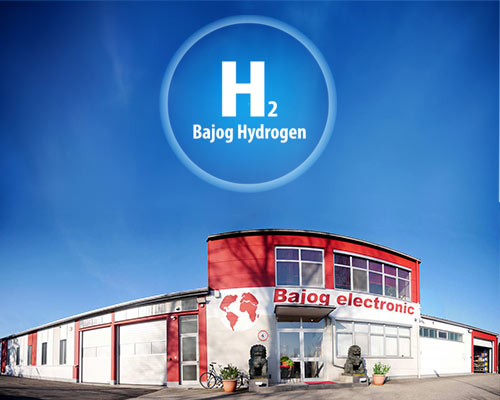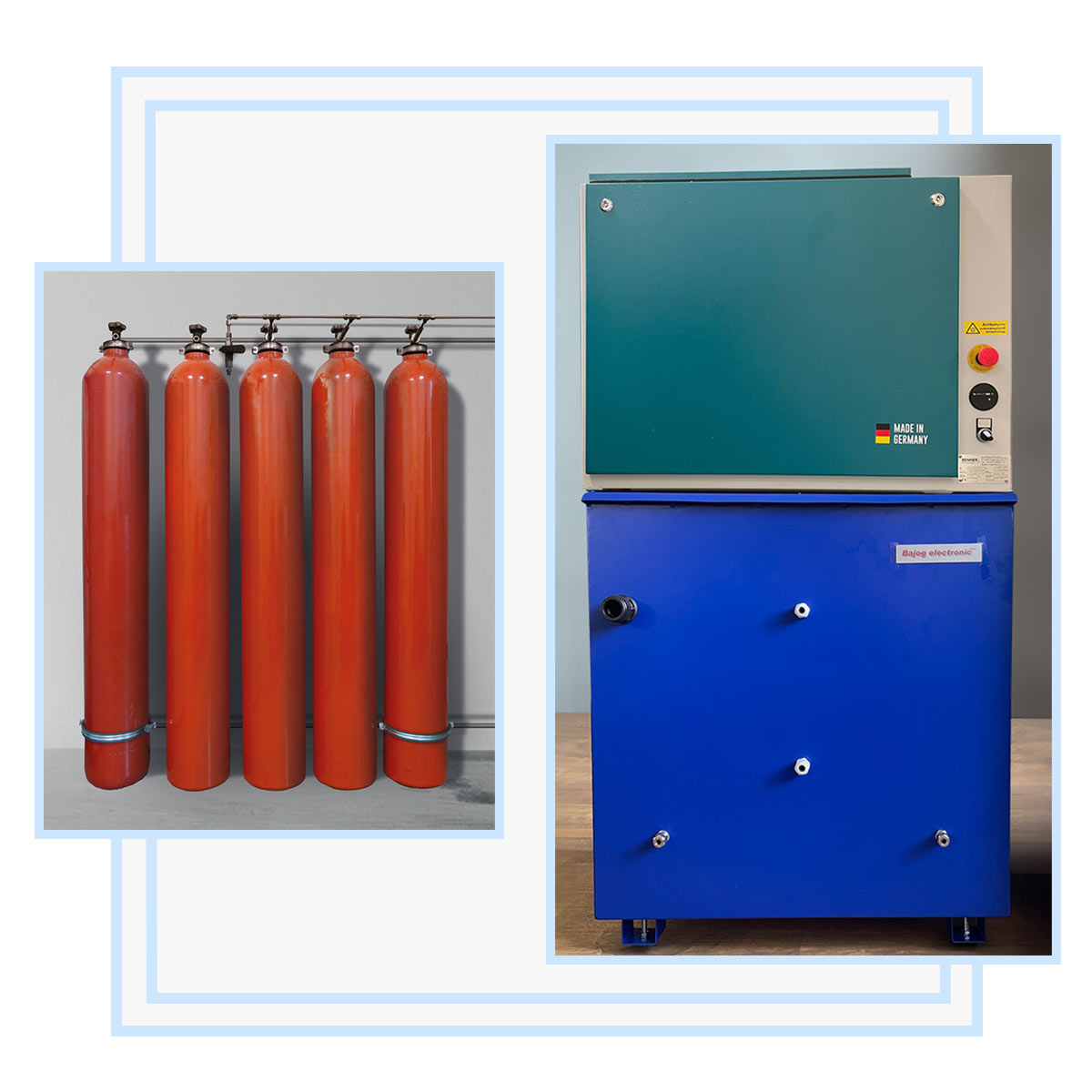
21.08.2024
Hydrogen Compressor Unit
Hydrogen compressors are an essential and important component in the hydrogen energy industry and contribute to the development of a sustainable energy future.
Why is that? Hydrogen (H₂) is the lightest and most common element in the universe with the atomic number „1“ in the periodic table, with the smallest atomic mass and mostly bound in water.
The density of hydrogen H2 is 0.0899kg*m-3
For comparison, the oxygen density is 1.429kg*m-3
However, hydrogen is also a high energy carrier with 33.33kWh/kg and thus tops the list of fuels known to us.
One kilogram of hydrogen therefore has an equivalent energy content of about 3 liters of gasoline.
In order to store a larger amount of hydrogen in a special container (e.g. 50 liters of H2), the hydrogen must be compressed.
For comparison for 1m³ of H2-container:
| Storage Pressure | Storage Amount (kg) | Energy Content (kWh) |
|---|---|---|
| 1 bar | 0.089 kg | 2.9 kWh |
| 35 bar | 3.1 kg | 103.3 kWh |
| 150 bar | 13.35 kg | 440.55 kWh |
| 200 bar | 17.9 kg | 596.6 kWh |
In order to compress and store hydrogen, special and suitable H2 materials are required to avoid H2 embrittlement.
The material and safety effort is very high, but it is worth it in view of the enormous possibilities that this element offers us.
Bajog electronic has developed an H2 compressor to compress the self-produced hydrogen up to 200 bar.
With, for example, 10 of the H2 compressor containers shown, each with a capacity of 50 l (approx. 0.5 m3) and a compressor pressure of 200 bar, 8.99 kg of H2 can be stored for periods of low energy (winter).
This corresponds to an energy content of 299.63 kWh.
A family household with an annual energy consumption of around 6,000 kWh per year (16.5 kWh/day) could charge its own battery buffer for 18 days from its own energy pool and would be energy self-sufficient for over half a month if there is snow on the PV modules. A suitable H2 compressor opens up this possibility
